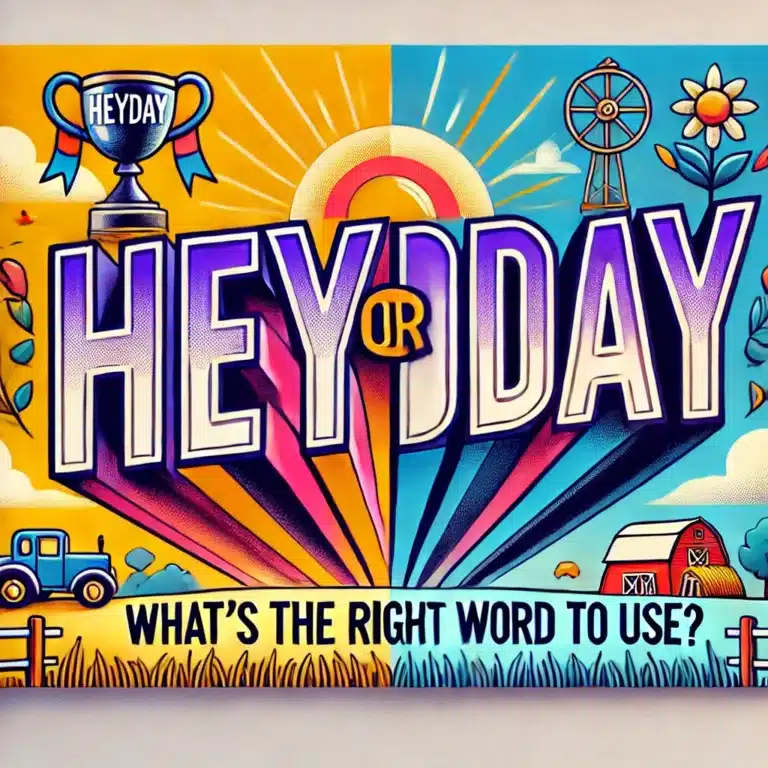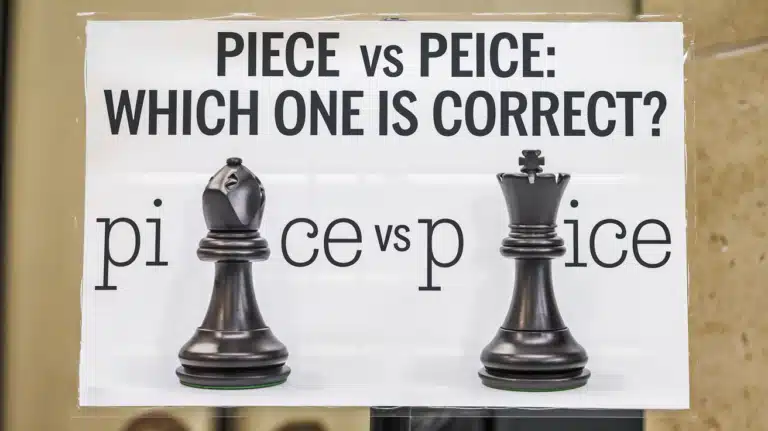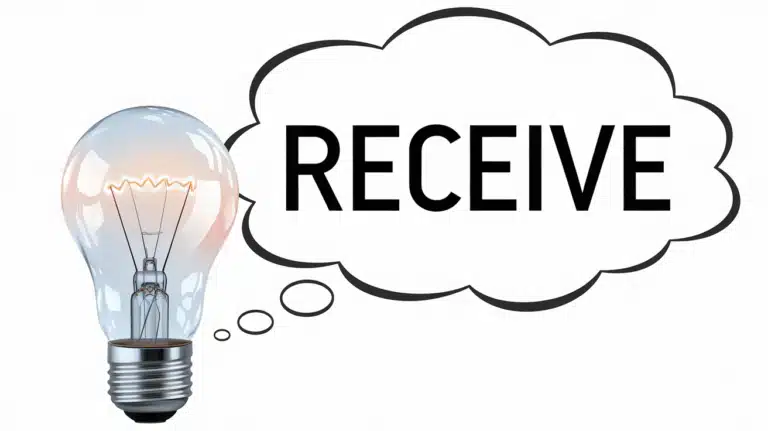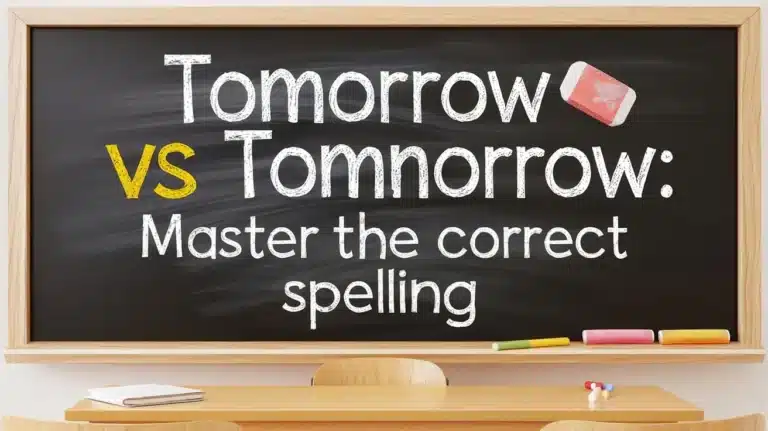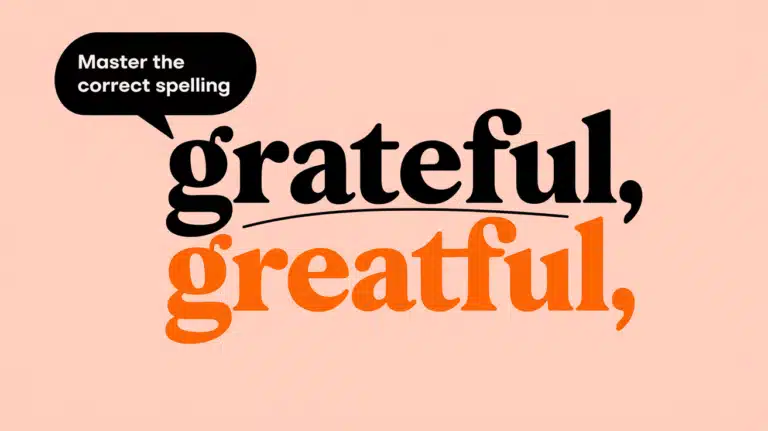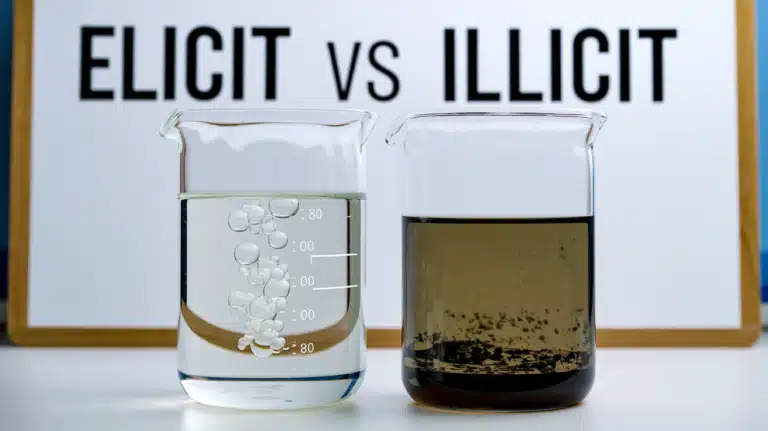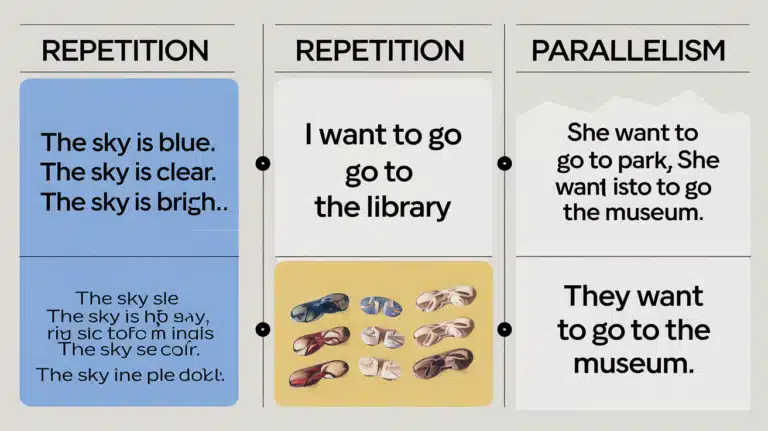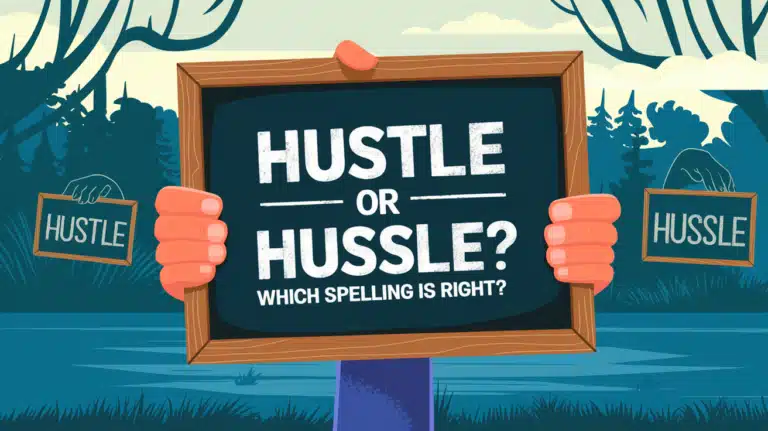Coach vs Couch: Definitions, Differences, and Examples
Ever noticed how two similar-sounding words can create a world of confusion? The words “coach” and “couch” stand as perfect examples of English language’s playful complexity. While one helps transform lives and guide journeys, the other offers comfort and rest after a long day. In today’s digital age, where professional coaching has exploded into a…


